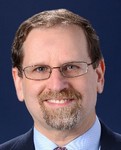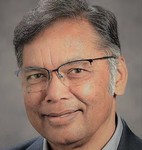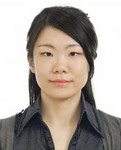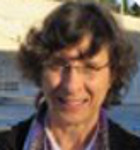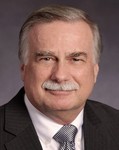As an engineer and scientist, Mastilovic is passionate about ICT technologies, research, and science in the field of modern telecommunications, but also about developing product-market placement strategy and business models. Aside from that, sometimes, Mastilovic also introduces himself as a politician and businessman agitate for smart technologies and smart society, building bridges between everyday processes and activities, and new solutions based on modern devices and algorithms.
As a result of his professional network connections globally and experience in different sectors: Government, Academia, Business, and Industry, Mastilovic is active in making global policy (ITU, G20, IEEE). Mastilovic focuses on how to enable modern technologies and set of services as Smart Cities, Smart Grid, Green ICT, and all other services aligned with the UN 17 global Sustainable Development Goals (SDGs). The role in IEEE has helped him to expand his knowledge and network with experts from all over the world and to collaborate with them on transforming our world by following the goals defined in UN Agenda 2030 for a Sustainable Development.
In the last several years, Mastilovic actively promotes the concept of the Smart Society in the 21st century what understands the idea of Technology for Humanity, Sustainable Development, and Smart Society and agitating for the change leadership. Mastilovic believes that leading by example is the most successful way to effectively influencing society. Mastilovic launched several initiatives in the region. Mastilovic drove a few international experts working groups in the IEEE and ITU on Cybersecurity and Smart Cities standardization and implementation. Through his international experience, Mastilovic got familiar with the digital transformation processes in other more developed countries and the ecosystem required for their successful implementation. Having that in mind, the biggest challenge after moving back to Bosnia and Herzegovina was to launch the process of reformation in the local ecosystem and society.
Mastilovic joined the Communications Regulatory Agency Bosnia and Herzegovina (CRA BH) as the national authority body for electronic communications. From the perspective of the government institution, Mastilovic has significantly contributed to launching significant projects in the country as the 4G mobile systems, DVB-T national terrestrial TV transmitting, signing the Roaming Agreement for the Western Balkans moving this region closer to the single digital market, all in 2019. Mastilovic led a group of engineers in the EU Interreg MED Esmartcity initiative in developing the product specifications, architecture, designs, schedules and cost references, management to maintenance of the first fully-operational smart city service in the Western Balkans region: ”Smart Lights of East Sarajevo” implemented in May 2019 in East Sarajevo in the municipality of East Ilidza.
These initiatives have strongly depended on his political and engineering connections from all around the world. Through development phases it always became clear how the technology and politics should join forces and pursue common goals and vision. Mastilovic's goal is to find the best way for the successful Digital Transformation on a more acceptable and understandable way for a wider population without technical education, and he's honored and delighted to work on his goal step by step through the EU Digital Agenda 2020 and the Digital Agenda for the Western Balkans. Mastilovic finds that technology is not the purpose of itself. However, also it is an opportunity to build an affirmative business and entrepreneurship ecosystem, make this society happier, enhance education, and teach each other tolerance and respecting the speech and all forms of freedom.
Living, traveling, and working abroad made him an open-minded person adaptable to the new working environment and different business ecosystems, but also very familiar with different working cultures and mentalities in general. Working in fundamentals engineering research in the academic community, in the industry, and working for the National Regulatory Authority for Telecommunication in Bosnia and Herzegovina, the authority established by the Government, helped him to understand the problems from very different perspectives and taught him to find a multi-stakeholder approach and solution.














